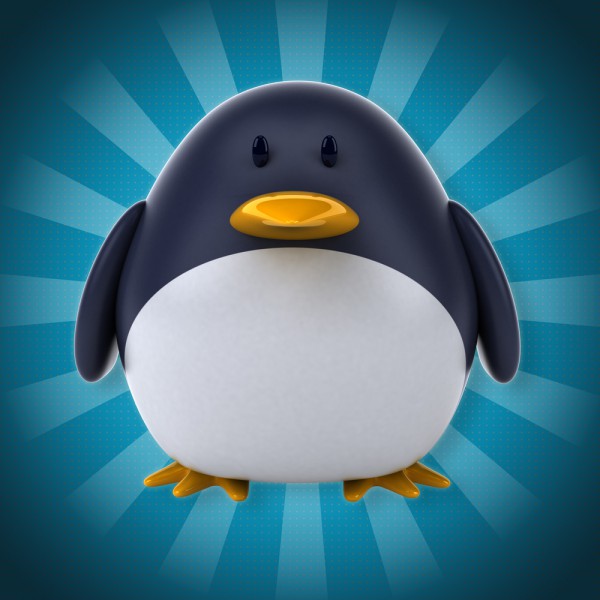
Fedora 25 now available -- makes it easier to switch from Windows 10 or macOS to Linux
After the release of both alpha and beta versions, Fedora 25 is officially here and ready for production machines. If you aren't familiar with the popular Linux-based operating system, please know that it is the distribution of choice for the founder of the Linux kernel, Linus Torvalds.
One of the most endearing qualities of Fedora is its focus on only offering truly free open source software. Also, you can always count on a very modern version of the Linux kernel being available. Despite having very up-to-date packages, it is always very stable too. My favorite aspect, however, is the commitment to the GNOME desktop environment; other DEs are available, though.
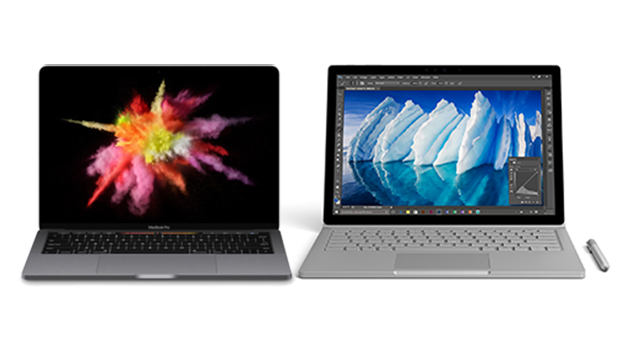
Oops! Leak reveals Microsoft is to launch Visual Studio for Mac
Microsoft accidentally revealed that Visual Studio is making its way to the Mac. A blog post published in error on MSDN shows that the company plans to bring its coding tool to the Apple platform.
Transforming Visual Studio into a cross-platform development tool is an interesting move for Microsoft, and something it has resisted for quite some time. The official announcement is due at Connect later this week, but the leak means that we already have all the details we need.

AdWords malvertising targets macOS users
Researchers at threat prevention company Cylance have discovered a malvertising campaign on Google AdWords for the search term "Google Chrome", where unsuspecting macOS users were being tricked into downloading a malicious installer.
The installer, identified as "OSX/InstallMiez" (or "OSX/InstallCore"), ultimately downloads a malicious file named "FLVPlayer.dmg". The malware hash changes on each download, making it difficult to detect and track.
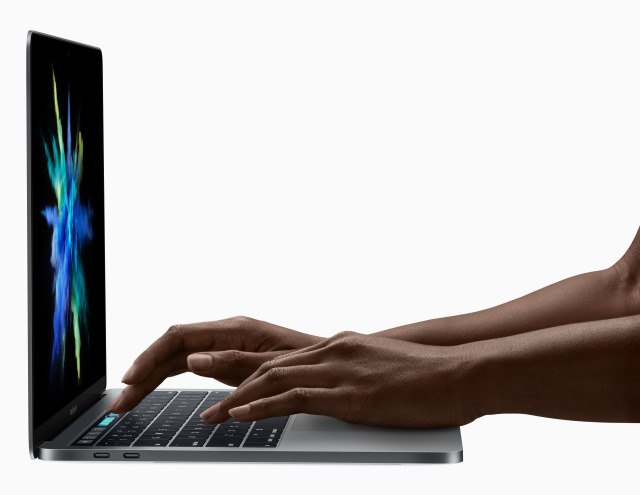
How to reset NVRAM on late-2016 MacBook Pro models
Things can go awry with any computer from time to time, and getting things back to normal is often just a matter of knowing the right trick. With a Mac, resetting NVRAM is a quick fix for a number of issues, and Apple has changed the way you go about doing this with the late-2016 MacBook Pro models.
One of the reasons for the change is that these latest models do not feature the startup sound, so timing the required key presses is a slightly different matter now. Here's what you need to do.
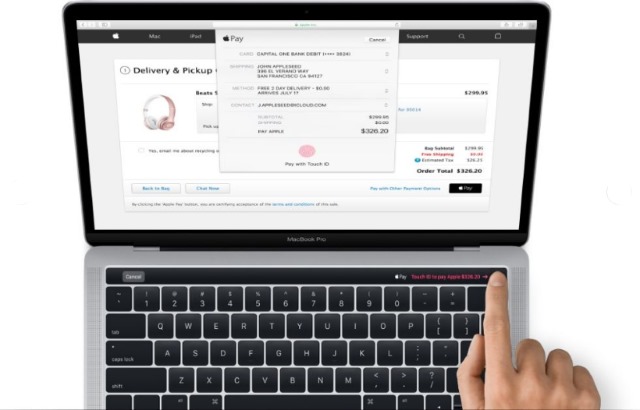
Oops! Apple leaks photo of new MacBook Pro with OLED Magic Toolbar
The release of macOS 10.12.1 was a fairly unremarkable affair... apart from one thing. In addition to the expected fixes and changes, hidden in the code are images relating to Apple Pay that appear to show off the new MacBook Pro -- the updated model that's not due to be announced until the upcoming event on 27 October.
The images are very revealing too, showing off a few surprises that Apple would probably have liked to have kept secret until the big day. Gone are the function keys at the top of the keyboard, replaced instead by a touch sensitive OLED panel presumed to be called the Magic Toolbar. There's also -- it appears -- built in support for Touch ID, and a few other changes.

New Mac malware could secretly record your webcam during video chats
FBI director James Comey made the news last month when he admitted that he tapes over his laptop's webcam to avoid being spied upon. Mark Zuckerberg does it too. As Comey puts it, blocking the webcam is a "sensible" thing to do -- and if you too care about your privacy you should follow suit. But, there is a problem.
When you remove the tape to chat with someone you are left vulnerable. And, as a security researcher will demonstrate today at the VB2016 conference, a hacker could use that opportunity to record Mac users' activities "in an essentially undetectable manner".

How to stop your Mac from automatically downloading macOS Sierra
Apple is doing something out of the ordinary. Shortly after launching macOS Sierra, it started to automatically download the latest version of the operating system onto Mac devices. This is great if you want to upgrade to macOS Sierra now, but annoying if you planned to wait a bit longer to make sure all the major kinks are ironed out, or want to forgo the upgrade altogether.
Fortunately, it is very easy to close the door shut on any attempts to push the large setup file onto your device. All that you need to do to prevent macOS Sierra from automatically downloading on your Mac is to disable automatic updates.
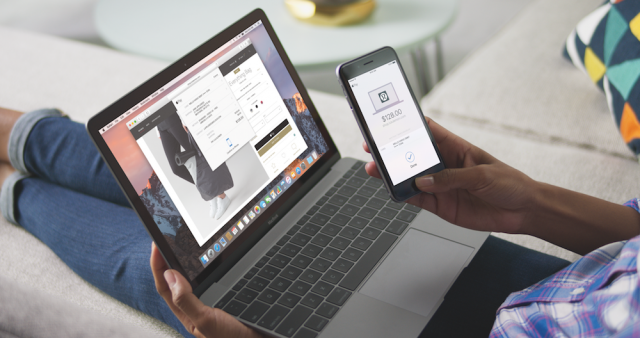
Apple starts to 'randomly' download macOS Sierra on to users' computers
It's something that has faint echoes of Microsoft's approach to pushing Windows 10 on to users. This week Apple is making macOS Sierra available to users as an automatic download -- interestingly, users who receive the automatic download treatment are being selected randomly.
Apple confirmed the nature of the roll out to The Loop, which also reports that the download will only start for people who have automatic updates switched on, and if they have sufficient storage space available. Unlike Microsoft, Apple is taking a rather less aggressive approach when it comes to suggesting users might like to upgrade to the latest version of the operating system.

The best new features in macOS Sierra
Apple has officially released macOS Sierra, the latest version of its Mac operating system. Just like its recent predecessors, it is available for free. But, unlike any of the major releases introduced since 2001, it no longer bears the OS X name, as Apple wants to bring it in line with its other consumer-facing operating systems.
So, it is called macOS Sierra, and not OS X 10.12 Sierra. Does that mean it is a completely new operating system underneath? No. What Apple has done is improve upon OS X 10.11 El Capitan by adding a significant number of changes that should keep Mac users happy for one more year. The user experience has not been changed dramatically, though there are some pretty exciting things in macOS Sierra.
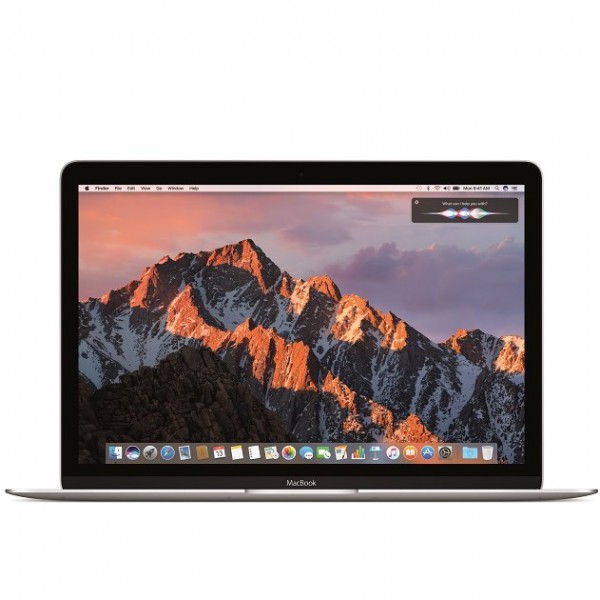
Apple releases macOS Sierra as free upgrade
Apple's Mac computers -- MacBook, iMac, Mac Pro, and Mac mini -- are works of art. Not only is the hardware beautiful, but the included operating system is visually impressive too. Today, after a series of Beta releases, the final 10.12 version of the desktop operating system formerly known as OS X -- now known as 'macOS' -- is available for download. Apple dubs the latest version of the desktop operating system 'Sierra', after a mountain range in the company's home state of California.
While Windows 10 is a great operating system for productivity, Microsoft simply cannot match the visual beauty of macOS. Still, Microsoft's latest operating system does offer some unique features, such as the voice assistant Cortana -- something that Apple's desktop did not offer. Today, this changes, as the legendary Siri comes to macOS Sierra. Best of all? As usual, this is a free upgrade for owners of compatible Mac computers!
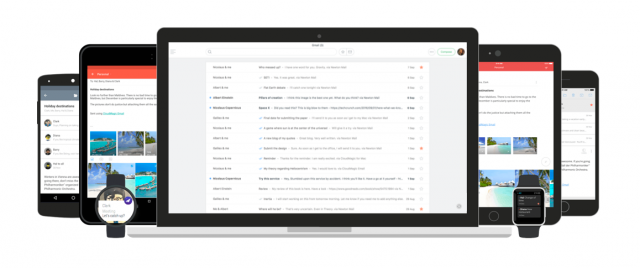
CloudMagic gets rebranded to Newton, adds subscription-based premium features
Subscriptions can generate a lot of revenue for developers, which is why we are seeing them in so many apps these days. And it is not just new titles that now involve regular payments, as subscriptions are making their way to existing apps as well.
This is now the case with CloudMagic, one of the best -- and my favorite -- cross-platform email apps. It just got an update that changes its name to Newton and adds a number of new, premium features. The latest extras are offered as a rather costly one-year subscription.
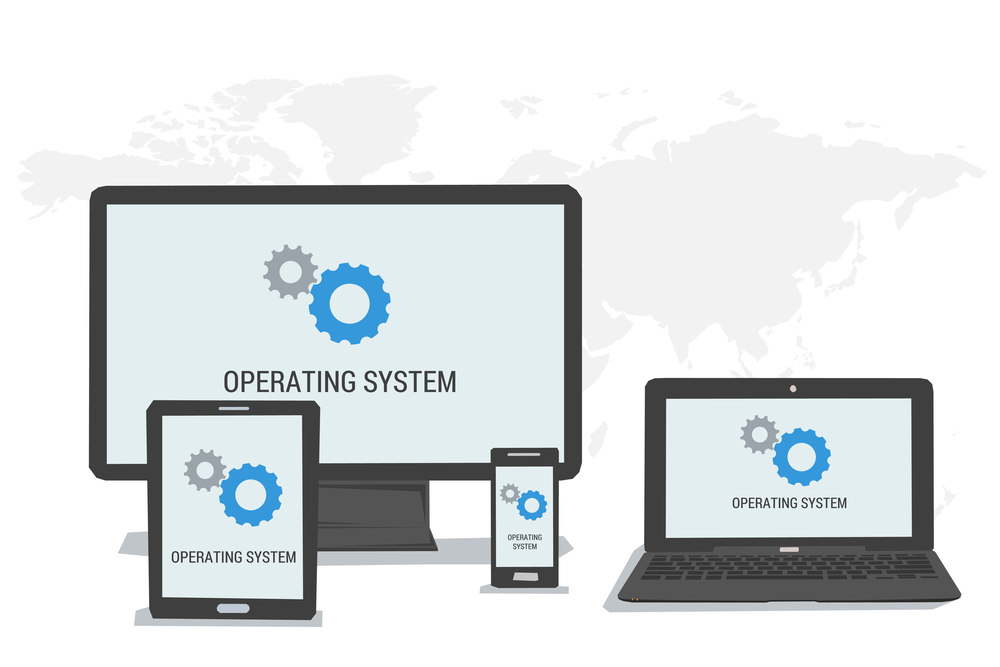
Windows, Mac or Linux... Which operating system best suits your business?
With all the options out there, organizations may be having a hard time deciding which operating system to go with. The three most common are Windows, Mac, and Linux systems. But which is the best for your business?
An OS should have a robust set of characteristics to serve the diverse needs of a busy office. It should be reliable and secure, yet flexible enough to scale with business demands. The user interfaces should be feature-rich and easy to navigate for both end-users and IT administrators. Windows remains by far the most popular, used in around 85 percent of businesses, with Mac a distant second and Linux operating systems hanging in at over 5 percent.
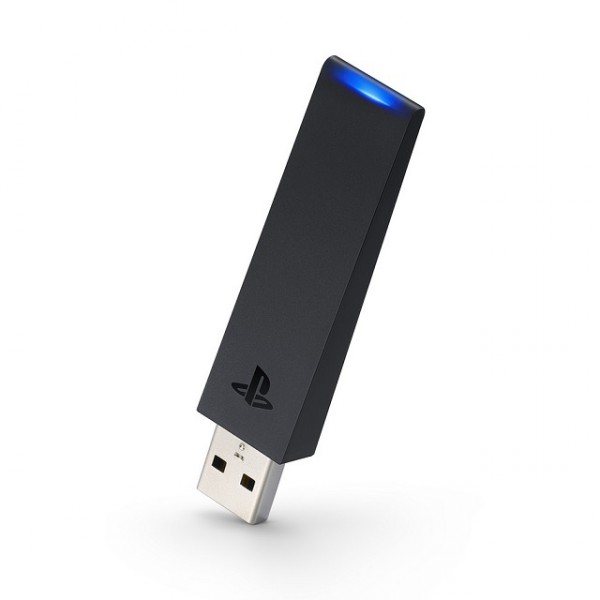
Sony focuses on PC with PlayStation Now and DualShock 4 USB Wireless Adaptor
Sony's PlayStation line of home consoles have been wildly popular over the years. The fourth version, the PS4, is obviously the best from a hardware perspective, but overall the quality of games per console is matter of opinion. Obviously the PS4 will offer the best graphics, but from a gameplay and enjoyment perspective, hardware is not the final word.
Today, the console maker takes a strange turn by focusing on the PC. You see, it is bringing its existing 'PlayStation Now' cloud gaming service to Microsoft Windows. This will give PC gamers the opportunity to play some PlayStation titles on their gaming rigs. In addition, Sony is delivering a USB dongle for Windows and Mac which will enable the DualShock 4 to be used on computers running those operating systems.
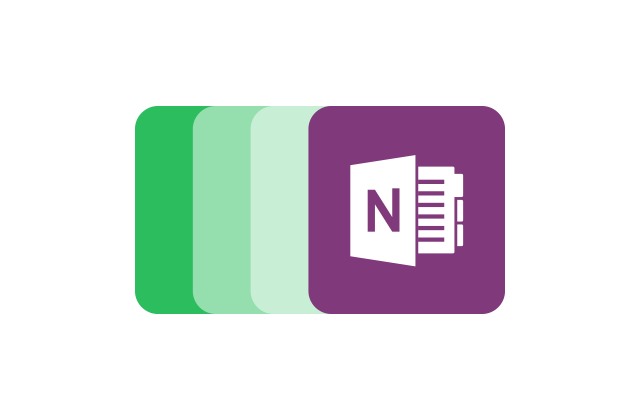
Microsoft helps Apple macOS users switch from Evernote to OneNote with import tool
Evernote is a very popular organization and note-taking solution. Not only is it easy to use, but it is cross-platform. In other words, users can sync their content between multiple devices running different operating systems. Unfortunately, earlier this year, Evernote did something shocking. It limited its free "Basic" option to two devices. This was not popular.
This abrupt change was a deal-breaker for users that leveraged more than just a pair of devices. While some folks were willing to pay for a tier that met their needs, other people decided to switch to other solutions, such as Microsoft's free (and wonderful) OneNote. In fact, Microsoft created an import tool to help Windows users make the switch. Today, that tool comes to Apple's macOS (OS X 10.11 or higher).
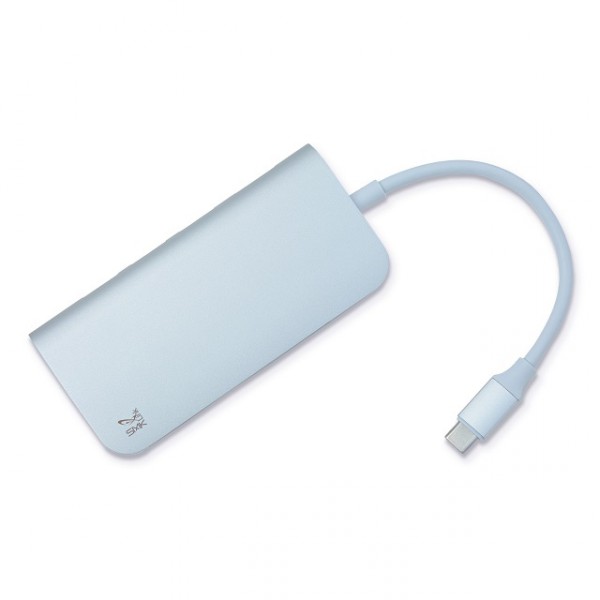
SMK-Link Electronics unveils USB-C Multi-Port Hub VP6920 for Windows 10 and macOS
While USB-C is not yet a must-have, it is certainly a great feature to have on any computer. The reversible standard can act as a single port for expansion, making extremely thin laptop and tablet designs possible. In other words, having big integrated legacy ports like Ethernet or USB Type-A aren't really needed, thanks to useful dongles.
Today, SMK-Link Electronics announces a beautiful such expansion dongle that acts as a docking station for Windows 10 and macOS. A single Type-C port on your computer (such as on the Apple MacBook or Huawei MateBook) can be transformed into something much more.
